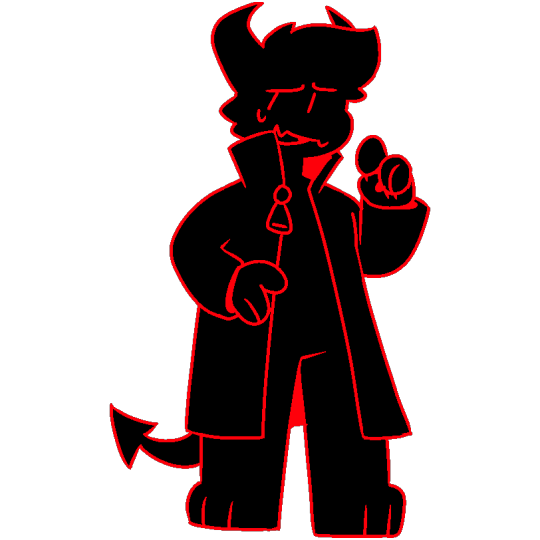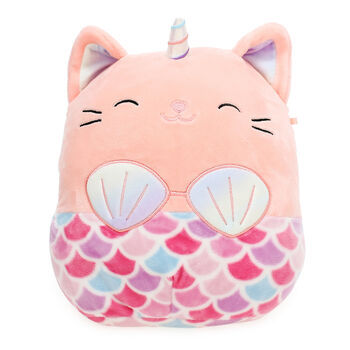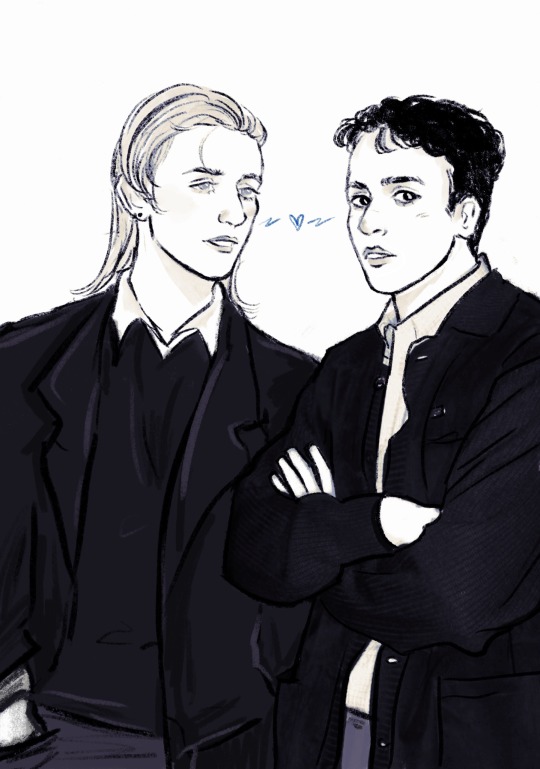#rutis
Text

rutis nation how we feeling ?
39 notes
·
View notes
Text
youtube
One single thread of gold tied me to you
#ruby x otis#otis milburn#ruby matthews#sex education#rutis#rubyotis#rotis#invisible string#fanvid#my video#Youtube
3 notes
·
View notes
Text

Ruty Levy - It Feels Good (ceramic coiled)
793 notes
·
View notes
Text

#shin no nakama ja nai to yuusha no party wo oidasareta node henkyou de slow life suru koto ni shimashita#banished from the heros party i decided to live a quiet life in the countryside#真の仲間じゃないと勇者のパーティーを追い出されたので、辺境でスローライフすることにしました#ruti ragnason#back#swimsuit#official art#m#mypost#mypost:shin no nakama ja nai to yuusha no party wo oidasareta node henkyou de slow life suru koto ni shimashita
188 notes
·
View notes
Text

#shin no nakama ja nai to yuusha no party wo oidasareta node henkyou de slow life suru koto ni shimashita#shin no nakama gif#ruti ragnason
123 notes
·
View notes
Text










ruti ruhr just wants to life a quiet life ゴゴゴゴ
#Banished from the Hero's Party I Decided to Live a Quiet Life in the Countryside#Ruti Ragnason#Tisse Garland#ゴゴゴゴゴゴゴゴゴゴゴゴゴゴゴゴゴゴゴゴゴゴゴゴゴゴゴゴ
34 notes
·
View notes
Text

Megami Magazine February 2024 Issue (#285) - Shin no Nakama ja Nai to Yuusha no Party wo Oidasareta node, Henkyou de Slow Life suru Koto ni Shimashita 2nd (Banished From The Hero's Party, I Decided To Live A Quiet Life In The Countryside Season 2)
#shinnonakama#shin no nakama ja nai to yuusha no party wo oidasareta node henkyou de slow life suru koto ni shimashita#banished from the hero's party i decided to live a quiet life in the countryside#ruti ragnason#megami 2024 02#megami magazine#anime scans#official art
48 notes
·
View notes
Text



34 notes
·
View notes
Text





Everyone Point And Laugh!
11 notes
·
View notes
Text
“The problem with a marriage-based organization of intimacy is not only that social benefits—including access to one’s partner’s hospital room—remain tied to a marriage certificate but also that it automatically vilifies those who reject monogamy, thereby threatening to wipe out queer subcultures that have historically been organized around promiscuous, anonymous, and fleeting sexual encounters. For many queer critics, the disappearance of such subcultures equals the death of queer culture as such. As Dean notes, “the mainstream gay movement [has] achieved considerable institutional success only by desexualizing queers” (2009, 19). Ironically, it is because the lgbtq movement has managed to make gays and lesbians seem “just like” straight people, eager to endorse the family values of married monogamy, that it has made such tremendous political strides. Essentially, the gay and lesbian subject has been sanitized, stripped of its disturbing “otherness,” in order to make it more palatable to straight society. For many queer critics, this is a shortsighted victory that undermines more radical efforts to gain social justice.
More specifically, queer critics accuse the lgbtq movement of pandering to the desires of the most domesticated—and usually the most privileged— members of the gay, lesbian, and queer community. From their perspective, relatively affluent, mostly white gays and lesbians are using marriage as a way to purchase their way into “normalcy” at the expense of those who cannot be so easily assimilated: poor queers, racialized queers, gendervariant queers, immigrant queers, and so on. As Heather Love argues, “the increasing media visibility of well-heeled gays and lesbians” threatens to obscure the fact that one may enter the mainstream only “on the condition that one breaks ties with all those who cannot make it” (2007, 10). Simply put, from a queer theoretical viewpoint, gay and lesbian mainstreaming— or homonormativity—merely intensifies the problem of social marginalization, so that while some gays and lesbians now “make it” in dominant culture, others are all the more irrevocably excluded and exploited.”
Mari Ruti, The Ethics of Opting Out: Queer Theory's Defiant Subjects
#mari ruti#The Ethics of Opting Out: Queer Theory's Defiant Subjects#queer#lgbt#assimilation#marriage#queer theory
153 notes
·
View notes
Text




5 notes
·
View notes
Text


Please do not buy squishmallows irl unless purchased secondhand. Sources below
Squishmallow Alternatives + my current reasoning for the tournament (subject to change)
More info with sources
Official Boycott (this blog is not part of the official boycott)
9 notes
·
View notes
Text
Linguistically I just think the way English-speaking fandoms of Japanese series (in which the media concerned has no major official translation+the fandom is small in eng spaces and so has to be more tightly knit with the jpn fandom out of necessity; not, like, BNHA or whatever where you can feasibly have your whole fandom experience in an eng bubble) will take Japanese slang or abbreviations based on English words, and then anglify those, instead of coming up with original English abbreviations, is really really interesting. It's definitely a case where using the jargon to signify your ingroup status is a part of it but I don't think you can explain the whole phenomenon with that? I don't actually know enough about linguistics to make any conclusions fghfhgh, I just know I keep seeing examples of it and it's cool to me!!!!!!!
One of the premier examples of this for me is hypmic. Because "hypmic" is not at all a normal abbreviation of Hypnosis Mic for English. Anytime an english-speaker who's not embedded in the fandom tries to abbreviate it, they almost always land on "hypnomic." (HM would be another natural one, but I think everyone realizes that that's too vague to work.) There's an aspect of that ingroup jargon to it: embedded fans just don't say hypnomic, and it marks users of that abbreviation as outsiders to the fandom. Because "hypmic" is descended from the jpn abberivation ヒプマイ hipumai. The "no" part of hypnosis isn't in the Japanese abbreviation, so it doesn't get transferred to English. Only the syllables already represented in the jpn do. Hence hypmic. The English does add a sound not present in the jpn (the c), but since it's part of the same syllable as the mai (mi), it's a more natural addition based on the jpn. (You do also see "hpmi" used in eng spaces sometimes, more straightforwardly converting each kana to one letter.)
That retaining a final consonant sound isn't necessarily consistent across different examples of this phenomenon, though! It seems it's most likely to be at the end of a word. Just to use another example: ship smushnames where the characters have non-Japanese names. Sticking with hypmic for the sake of it, you see this with Gentaro/Dice. In jpn it's だいげん daigen or げんだい gendai. In eng spaces the latter is almost always spelled "gendice", but the former doesn't really have a standardized version, and you do see both dicegen and daigen used, with maybe daigen being a little more frequent. Hilariously I think that this inconsistency has almost singlehandedly led to "gendice" being used as the "default" version of the ship name in eng spaces, as opposed to jpn spaces where "daigen" is used more frequently. (I mean I guess you could also assume that eng spaces prefer top!gentaro but I usually see people use it in a position-agnostic way, as opposed to jpn fandom where positions are srs bzns and daigen really is more popular than gendai)
AND I COULD LIST MORE EXAMPLES AND THEIR QUIRKS AND MAYBE I WILL LATER BUT I ALSO DON'T HAVE A CONCLUSION. I Just Think It's Neat. someone should do a linguistics degree master's thesis on this
#suchobabbles#some sort of point to be made about how mhyk smushnames involving rutile usually use 'ruti' but ones with mitile always use 'michi'#like whats up with that!!
14 notes
·
View notes
Text

#Banished from the Hero's Party I Decided to Live a Quiet Life in the Countryside#Shin no Nakama janai to Yūsha no Party o Oidasareta node Henkyō de Slow Life Suru Koto ni Shimashita#anime#anime gif#Banished from the Hero's Party#ruti#ruti ragnason
5 notes
·
View notes
Note
need to see ruti with ur artstyle so bad🥲

surprise fem!ruti :-)
#ive forgotten the asks in my box lol#raul gonzalez#guti#jose maria gutierrez#raul gonzalez blanco#ruti#idk what tag to use for them 😭#football fanart#my art
2 notes
·
View notes
Text
istg the tumblr algorithm is so funny you might be having having thousands of followers yet 0 notes posts and no attention
10 notes
·
View notes